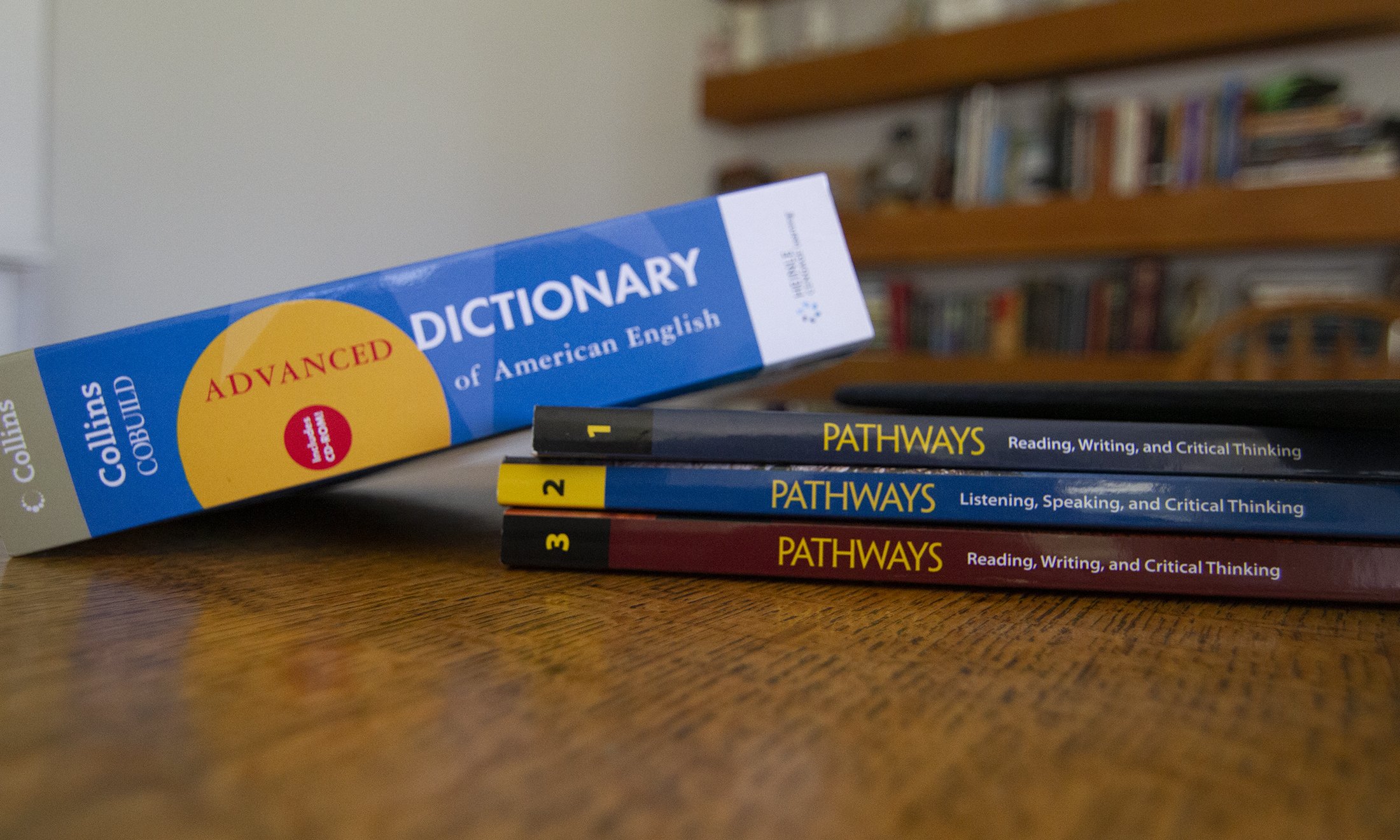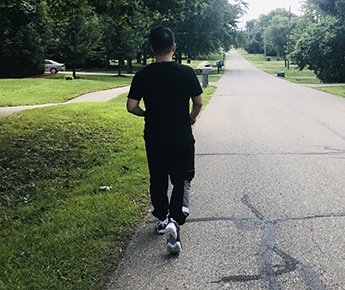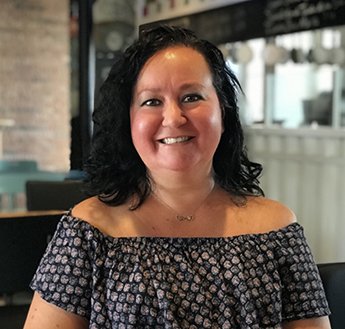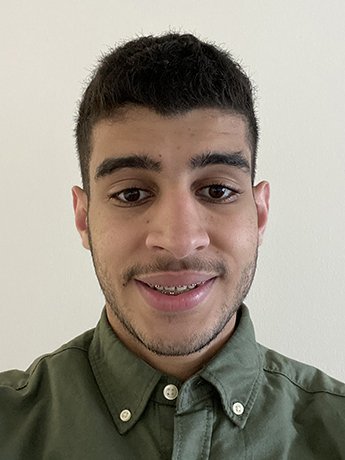- YouTube
- TikTok
Experiences in ESL
'English homework’ translates to everyday successes for OU’s ESL students

With 1.4 billion English speakers spread throughout the world, the usefulness of English language skills is undeniable.
Oakland's English as a Second Language (ESL) Center offers an extensive program to enhance reading, writing, listening and speaking skills for international OU students, scholars, business professionals and the general public. International students Boyu Wang, Jiaan Cao, Selin Senturk and Hassan Almohammedsaleh are now among 20 percent of the world's population who can communicate in English.
A Coke and a smile
 |
After ESL classes, Wang not only knows enough English to request a beverage, he can also more freely converse with OU professors and peers. Class assignments were instrumental to his newfound confidence."When I first came to America, I was barely able to speak English well enough to buy a Coke," says senior Boyu Wang, an industrial and systems engineering major enrolled in OU's 2+2 program. Students in OU's 2+2 program study two years at their home university and two years at OU; they then receive a master's in engineering or computer science from both universities.
"In one ESL class, we were asked to work as a team, which was stressful at first,” he admits. “But I adapted and enjoyed it."
Wang, whose home university is China’s Changchun University of Technology, says the library is his favorite “relaxing” spot on campus. He appreciates all he's gained from ESL. "I've learned a lot – not only English skills – but about American culture," Wang says. “My classmates encourage me that my English is enough for normal life, but I need to keep studying."
Face time with Dad
 |
"Talking to my Dad [in China] on video, I sometimes speak English with him,” Cao says. "He tells me I’ve made great progress."Jiaan Cao, an industrial engineering junior, is also enrolled in the 2+2 program and attends Changchun University of Technology. Others have noticed her English improvement.
Cao finds OU's faculty and students "very friendly" and says ESL instructors are indispensable to international students. "When we first begin academic classes, we have confusions, and ESL instructors always help us solve our problems,” she says.
Cao especially enjoyed ESL cultural experiences. "My classroom conversation partner taught me English, and I taught her Chinese, and we exchanged little gifts," she says. "Students share their culture, even bringing in delicious [homeland] food to class. I was happy every day in ESL."
Mastering chemistry
 |
Selin Senturk, a Turkey native in her fourth semester for a master's in chemistry, calls the ESL program among her "best, most memorable days" at OU. Senturk was excited to see her English abilities increase and to receive good grades.
For Senturk, the most difficult part of English is writing. "Creativity is needed," says Senturk. "My writing instructor, Mr. Coleman, was the best. He gave me lots of helpful tips in writing essays. This is extremely beneficial now, in writing chemistry research papers."
She credits reading/writing instructor, “wise Ms. Essenburg,” in aiding Senturk’s difficulty in reading long paragraphs. "Nowadays, her tips help me to read lengthy chemistry articles,” Senturk says.
Successful mistakes
 |
“The ESL instructors understand how difficult living far from family is, and they were like family to me,” says Saudi Arabia native Hassan Almohammedsaleh, a freshman in mechanical engineering.
Almohammedsaleh values the practical life skills he acquired in ESL, such as how to give presentations and talk to strangers while standing in line.
“Learning English wasn’t easy for me,” Almohammedsaleh says. “I’m shy, so I fought with myself to share stories with my ESL teachers…but I overcame that.”
Almohammedsaleh sums up what’s perhaps the key to ESL program success. “The instructors encourage us to speak, even if we fear making mistakes,” he says. “Making many mistakes leads to lots of improvement.”
Explore more opportunities the Global Engagement Office offers students.


 November 17, 2020
November 17, 2020 By Mary Gunderson-Switzer
By Mary Gunderson-Switzer

